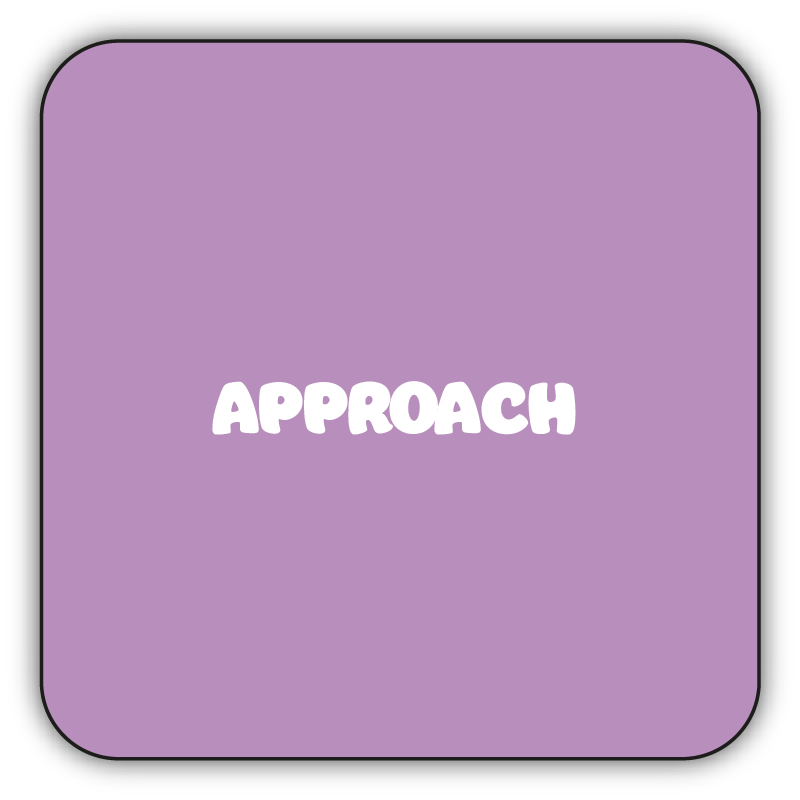The Ironstone Centre, West Street, Scunthorpe, North Lincolnshire, DN15 6HX
Parent’s
Advice

Information for parents
It’s important that young people have discussions about sex and healthy relationships to help them understand and recognise both positive and negative behaviours. Helping them learn about age-appropriate sex and relationships will make them feel prepared and empowered to make positive choices when they are ready to explore their sexuality.
Having these open conversations can also help you both to understand and support each other, and they will be more likely to talk to you if they’re ever concerned or worried about something. Having a safe space where they can be open and honest is crucial.


When is the right time to have the conversation?
Some children may even shy away from the conversation completely, but it’s important to let them know that you’re there to talk to in a ‘judgement free’ zone whenever they feel ready. The short answer is, there is no ‘right time’ though having open conversations from a young age will encourage more open conversations for when they’re needed.
Unsure how to approach the conversation?
These tips might help!

Acknowledge that it’s okay for the conversation to feel embarrassing or awkward, but you are better having the conversation than not.

Approach the conversation in a relaxed way. Your child will often follow your lead and it will feel more natural.

Try using humour and make it light-hearted. This may help your child feel more relaxed and in turn more likely to open up to you and ask questions.

Acknowledge that they are their own person and may have different opinions and ways of thinking to you but be open and encouraging of their thoughts.

Talk to them and listen to what they would benefit from learning about and don’t assume they will already know the answers or that someone else will teach them.

It’s important to cover;
– How they can keep themselves safe (during sex and in relationships in general)
– The importance of consent
– How to recognise signs that they’re being taken advantage of.
refer young people
or speak to a professional
North Lincolnshire
North East Lincolnshire
Quayside Medical Practice: Albion Street, Grimsby, South Humberside, DN32 7DL
Resources and information
available for parents
Their latest campaign #AskTheAwkward explores how to talk to your secondary aged children about online relationships. As parents we know these are not always easy topics to have conversations about.
#AskTheAwkward has been created to help you to explore online relationships with your secondary aged children, making these conversations part of everyday life. Watch the films and find resources to help you start the conversation today!
